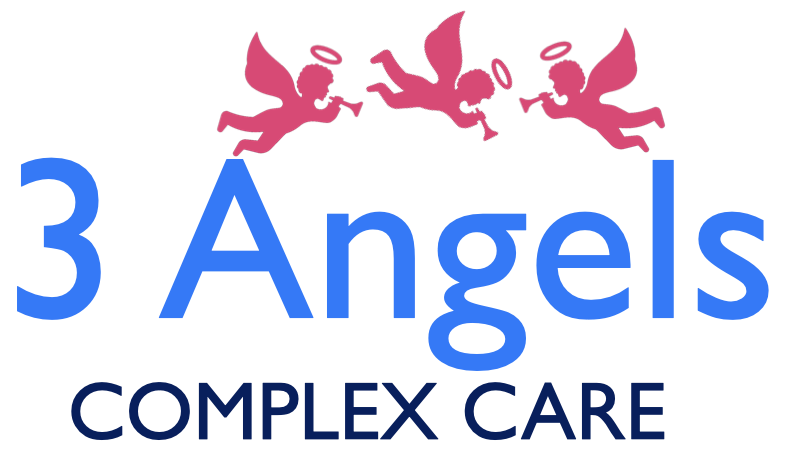Introduction
Autism, also known as Autism Spectrum Disorder (ASD), is a complex neurodevelopmental condition that affects individuals’ social interaction, communication, and behaviour. It is a diverse condition with a wide range of characteristics and strengths. In this blog post, we will delve into the fascinating world of autism, exploring its definition, the spectrum, common traits, challenges, and the importance of fostering inclusivity and understanding.
Defining Autism
Autism is a lifelong condition that typically becomes evident in early childhood. It is characterised by differences in communication and social interaction, as well as restricted and repetitive patterns of behaviour. Individuals with autism often have unique strengths and abilities, and their experiences can vary significantly from person to person.
The Autism Spectrum
Autism is often referred to as a spectrum disorder, reflecting the wide range of symptoms and severity levels that individuals may experience. The spectrum encompasses individuals with varying challenges and abilities, from those requiring significant support to those with exceptional talents in specific areas such as music, art, or mathematics. This diversity highlights the importance of recognising and embracing the individuality of each person on the autism spectrum.
Common traits and challenges

While autism manifests differently in each individual, some common traits can help identify the condition. Difficulties in social interaction and communication, including challenges in understanding non-verbal cues, sarcasm, or figurative language, are often observed. Repetitive behaviours, intense focus on specific interests, sensory sensitivities, and difficulties with transitions and changes in routine are also common characteristics.
The challenges faced by individuals on the autism spectrum extend beyond the core symptoms. Sensory overload in certain environments, difficulty with social relationships, and navigating the demands of daily life can present significant hurdles. However, it is crucial to remember that with the right support and understanding, individuals with autism can thrive and lead fulfilling lives.
Promoting Inclusivity and Understanding
Creating a more inclusive society starts with understanding and acceptance. Educating ourselves about autism and its diverse presentations is essential to fostering a supportive environment for individuals on the spectrum. Here are some practical ways we can promote inclusivity:
- Education and Awareness: Spreading accurate information about autism helps dispel misconceptions and reduce stigma. It encourages empathy and understanding among the general public.
- Embracing Neurodiversity: Recognising and appreciating the unique strengths and talents that individuals with autism possess contributes to a more inclusive society. Valuing neurodiversity fosters a culture that celebrates differences and promotes equal opportunities for all.
- Building Support Networks: Creating support networks for individuals with autism and their families can provide a sense of community and connection. It offers a platform to share experiences, resources, and advice.
- Sensory-Friendly Environments: Sensory sensitivity is a common challenge for individuals with autism. By making public spaces, workplaces, and educational settings sensory-friendly, we can help reduce anxiety and create more inclusive environments.
- Empowering Autistic Voices: Amplifying the voices of individuals with autism is crucial for advocacy and policy-making. Their lived experiences and insights provide invaluable perspectives that can shape more inclusive practises and policies.
Conclusion
Understanding autism requires acknowledging its diversity and the unique strengths of individuals on the spectrum. By promoting education, embracing neurodiversity, and creating supportive environments, we can foster inclusivity and empower individuals with autism to reach their full potential. Let us work together to create a world where autism is embraced, celebrated, and where everyone can thrive, regardless of their neurological differences.
